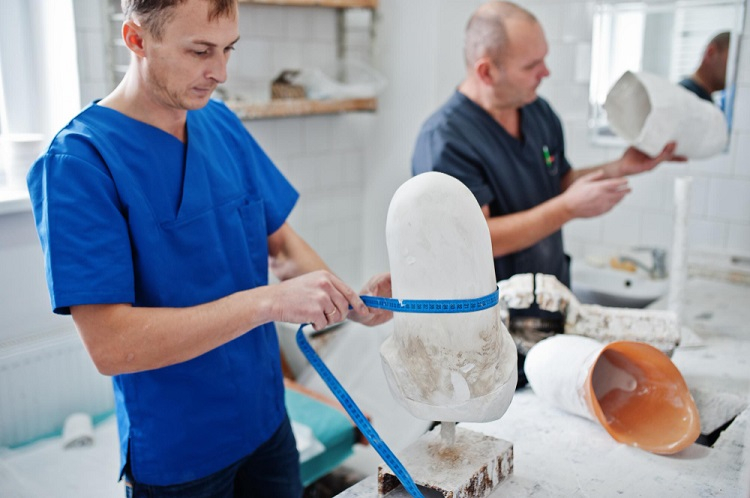Orthotics are shoe inserts that help relieve pain by providing support and shock absorption. They can also prevent foot injuries caused by sports, work, or age-related wear and tear.
When choosing a lab for custom orthotics, several factors must be considered. These include a commitment to quality, manufacturing capabilities, raw materials, and customer service.
Quality Standards
The certified custom orthotics providers in Ottawa are perfectionists regarding consistency, with proven systems that ensure accuracy. They are also sticklers for delivery, always making their clients quickly get relief.

The majority of these specialists have received certification from a national or provincial governing body, and they must abide by standards and codes of ethics that help to ensure your protection.
They are also licensed to provide services, so you can be sure they have the expertise and training to meet your needs.
To be covered by your health benefits plan, the orthotics must be deemed medically necessary and specifically prescribed to treat a diagnosed condition that is covered under the terms of your specific benefits package.
This includes a clear biomechanical diagnosis of your injury or symptoms that the orthotics must correct. A pedorthist will be able to help you determine this.
Manufacturing Capabilities
The manufacturing capabilities of a custom orthotics provider play an important role in the quality of the final product. A reputable supplier will have advanced technology and well-trained personnel to ensure the best results.
Look for a supplier that uses 3D scanning and printing technologies, which can result in more precise and customizable orthotics.
A reliable supplier will also offer user training on how to use the orthotics and what to do if the patient experiences discomfort or doesn’t get relief from their symptoms.
This can help patients avoid complications such as wearing the orthotics incorrectly or using them for longer periods than recommended.
Many health benefit plans will provide custom orthotics coverage if prescribed by a medical specialist, such as a family doctor, rheumatologist, or podiatrist. It’s important to determine what your specific health plan covers, what criteria must be met, and how much it will pay monthly.
Customer Service
Choosing a lab that you can trust to create orthotics that fit, work, and last is important. Podiatrists typically know good providers from their own professional experience and those of their clients.
Using a provider that offers while-you-wait adjustments and corrections for custom orthotics is also a good idea. This is especially important for people experiencing weight changes that can affect how the insoles fit.
Orthotics can help people who wear high-impact shoes, such as celebrities Kristen Bell and Scarlet Johansson, or those with conditions like diabetes, where pressure areas in the feet can lead to ulcers and wounds.
Many health insurance plans, such as FSAs and HSAs, cover the cost of orthotics, allowing you to use pre-tax money for your medical needs. You should always check with your insurance provider to see your coverage.
Cost
The cost of orthotics varies depending on the type, style, and quality. However, many people find that the benefits of orthotics far outweigh the initial investment.
Unlike premade, mass-produced orthotics that fit the average foot, custom-made orthotics are created by scanning and assessing your feet for specific issues. Moreover, they are crafted from the finest materials for optimal performance.
Most reputable custom orthotics providers will require a prescription from a podiatrist, physician, or other medical specialist (rheumatologist, orthopedic surgeon, or endocrinologist) before they design your orthotics.
This ensures the custom insoles are based on medical concerns instead of other causes like mechanical alignment. Also, it ensures that the prescription is valid for insurance coverage.
Many flexible spending accounts and health reimbursement arrangements cover the expense of custom insoles.









